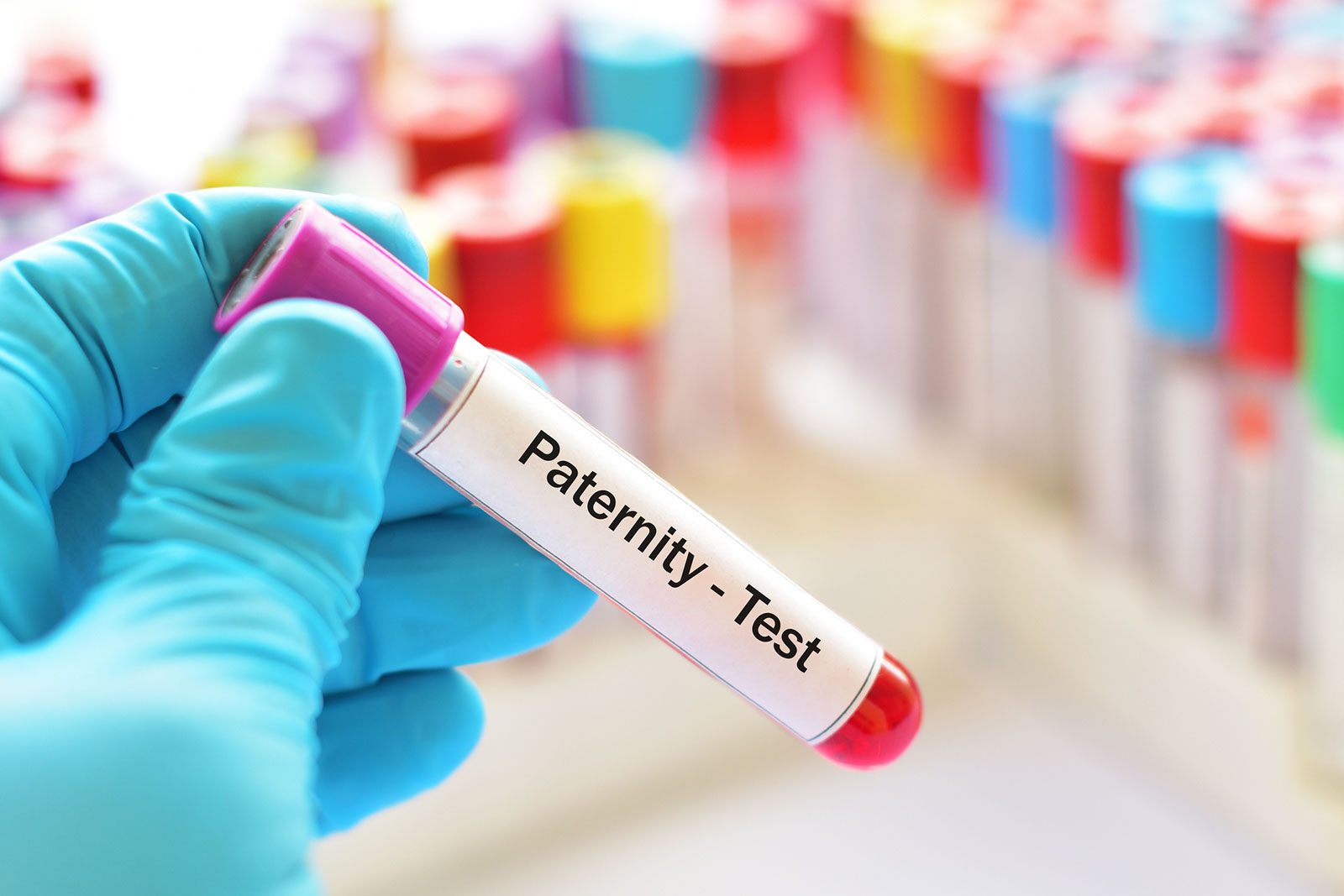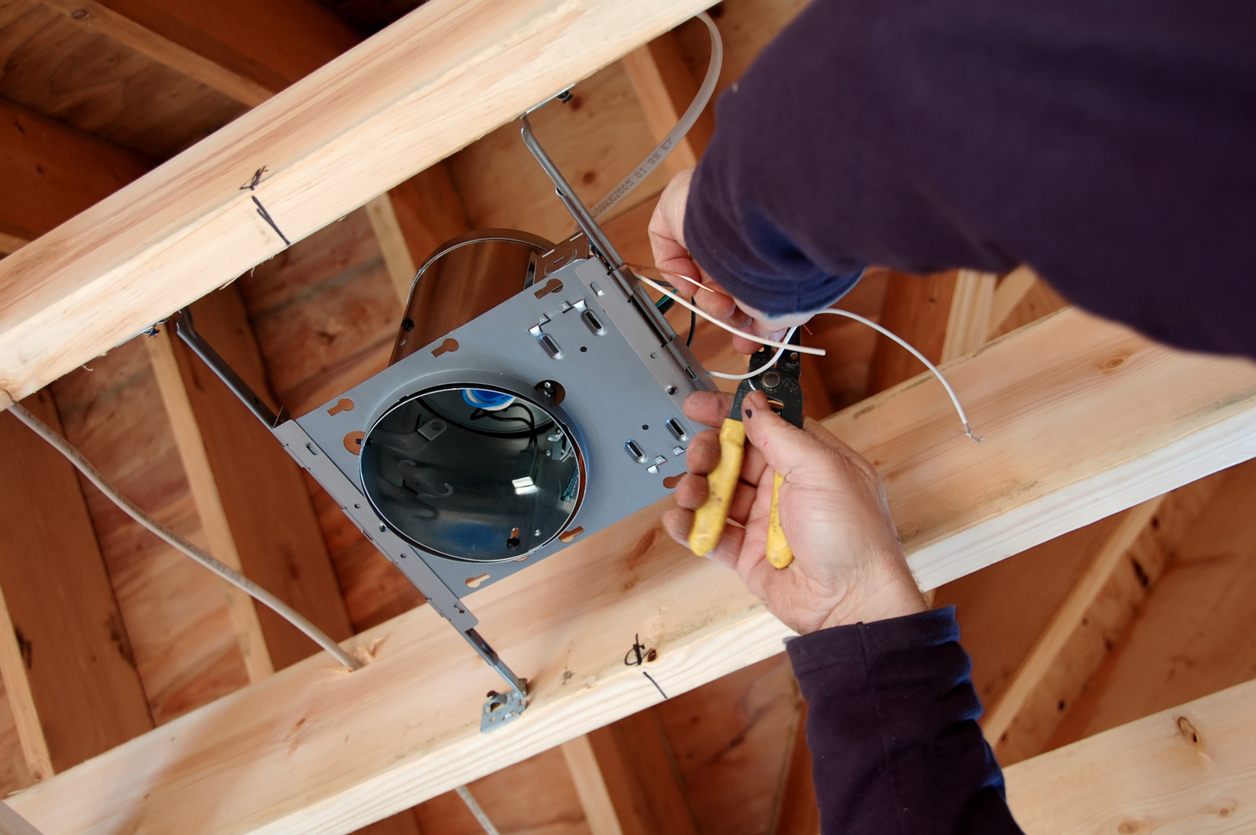A Step-By-Step Guide To Paternity Testing In Nigeria
A Step-By-Step Guide To Paternity Testing In Nigeria
Are you looking for a paternity test in Nigeria? If yes, you’ve come to the right place. Paternity testing is an important tool that can help you find out the truth about a child’s parentage, and Nigeria offers a variety of options to help you do just that. From collecting samples to researching the law, this step-by-step guide walks you through the process of paternity testing in Nigeria. With the right information and guidance, you can quickly get the answers you need in a timely and cost-effective manner. With this guide, you’ll be well-equipped to take the first steps towards finding out the truth about your child’s parentage. Read on to learn more about the process of paternity testing in Nigeria.
Overview of Paternity Testing in Nigeria
There are a few key questions that come up in any relationship, and one of these is whether or not a child is actually a biological relation to his or her parents. While this question may sound strange, it’s a common problem that many people face. In fact, one of the most common reasons that people go to court is to find out if they are the biological parents of a child. If you’re looking for paternity testing in Nigeria, you can rest assured that the process is quick and simple. The first thing you need to know is that there are two types of paternity tests: gross DNA testing and micro-satellite DNA testing. Gross DNA testing is the most common type of paternity test because it’s relatively inexpensive and can be completed relatively quickly. Micro-satellite DNA testing is more accurate but also more expensive.
Collecting Samples for Paternity Testing
For gross DNA paternity testing in Nigeria, you’ll need to collect a sample of the child’s DNA, as well as a sample of the mother’s DNA. You’ll also need to collect a sample of the supposed father’s DNA. The simplest and quickest way to do this is to take a mouth swab sample. As long as the person is over the age of four, this is the most reliable method for collecting a DNA sample. You can also take blood or hair samples, but these are significantly less reliable. You can collect these samples at a clinic or doctor’s office. While it’s possible to do this at home, it’s important to keep the samples as clean and uncontaminated as possible. Also, be sure to use sterile tools to avoid contaminating the samples.
Understanding Nigerian Law and Paternity Testing
Before you move forward with a paternity test, you should understand the law in Nigeria surrounding paternity testing. In general, you don’t need a parent’s consent to test a child. However, you do need a court order to test a parent. If you have reason to believe that a child isn’t your biological child, you can file a paternity suit in court to have the child tested. If a court orders a paternity test, then you don’t need the other parent’s consent. However, you do need to file the paternity suit in the court where the child lives. In many cases, you can use a lawyer to file the suit. If you need to prove that you’re not the biological father of a child, you’ll need to file a paternity suit to have the child tested. In this case, the court will require evidence that you’re not the biological father of the child. This can be a signed and witnessed statement in which you state that you’re not the child’s father, or it can be a DNA test that shows that you’re not the biological father. In some cases, you may also need to pay a bond to ensure that you’ll pay any child support the biological father may be required to pay.
Choosing a Paternity Testing Laboratory
There are a number of factors to keep in mind when selecting a laboratory for paternity testing in Nigeria. First, you should select a laboratory that’s accredited by the College of American Pathologists (CAP). This ensures that the laboratory follows strict guidelines for DNA testing, and it also ensures that the lab is trustworthy and reliable. The next thing to keep in mind is the turnaround time for the lab. Laboratories can sometimes take a long time to get results back, which is why you should choose a lab that can turn results around quickly. You can ask the lab about their turnaround times. You should also keep the cost of the testing in mind when selecting a laboratory. Paternity testing isn’t a cheap process, so you should try to find a lab that offers reasonably-priced services. It’s also important to keep in mind that most laboratories only accept cash as payment.
Obtaining Results from Paternity Testing
The process of obtaining results from a paternity test in Nigeria can vary from lab to lab. In general, the lab will send you the samples and results. You’ll then need to take these results to a Family Court in Nigeria and file them as evidence. In some cases, the court may require that you produce the actual samples so it can confirm the accuracy of the results. Once you file the results, the court will review them and make a decision. If the results show that you’re not the biological father of the child, the court will issue a decision that legally declares you not to be the child’s father. In some cases, the court may issue a stay of execution, which allows you to challenge the results of the test and get a retest. If the results show that you’re the biological father of the child, the court may issue a decision that legally states that you are the child’s father. When the court issues a decision, it also issues a writ of execution, which orders you to pay child support.
Options for Paternity Testing in Nigeria
Paternity testing is a process that allows you to confirm whether or not a child is your biological offspring. In some cases, parents may want to get a paternity test to confirm that two people are in fact blood-related. You can get a paternity test from a laboratory or a clinic. Many laboratories offer paternity testing, and you can find them online or in the phone book. Some clinics, such as public health clinics, also offer paternity testing.
Cost of Paternity Testing in Nigeria
The cost of paternity testing will depend on the laboratory you choose and the type of test you need. In general, you can expect to pay between NGN 50,000 and NGN 100,000 for a paternity test. You may be able to find cheaper options, but it’s important to remember that you get what you pay for. In some cases, labs will offer discounted rates if you have health insurance. It’s also important to keep in mind that the price of a paternity test may increase if you need a retest.
Common Questions About Paternity Testing in Nigeria
Does paternity testing hurt? No, it doesn’t hurt at all. You simply swab the inside of a person’s cheek to collect a sample of their saliva. Can paternity testing be done on unborn children? Yes, you can test unborn children using amniocentesis. Is paternity testing reliable? Yes, paternity testing is highly accurate. In most cases, it yields results that are well above 95%. Is it possible for two people who aren’t blood-related to get a false positive test result? Yes, it’s possible for two people who aren’t blood-related to get a false positive test result. However, it’s very unlikely.
Conclusion
A paternity test is a simple way to confirm whether or not a child is biologically related to a parent. In Nigeria, you can find a laboratory or clinic offering paternity testing. Before you move forward with the test, you’ll need to understand the law and the cost of paternity testing. Choosing a reliable laboratory is important, especially when it comes to accuracy. When you have accurate results, it’s much easier to get the paternity test results accepted as evidence in court.








LEAVE A COMMENT
You must be logged in to post a comment.